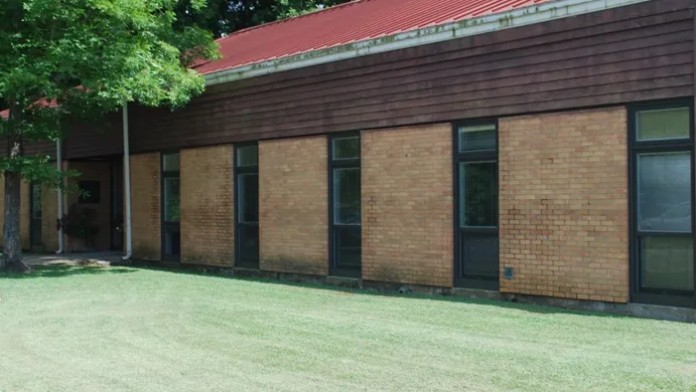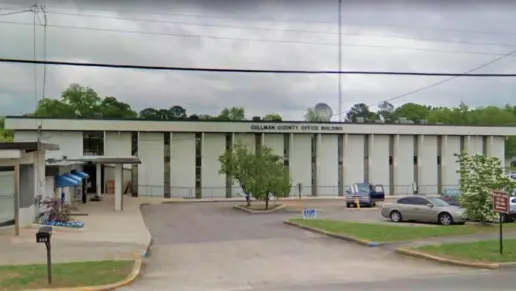About West Alabama Mental Health Center – Walnut Ave
West Alabama Mental Health Center, in Demopolis, Alabama, offers outpatient psychiatric care and addiction recovery services for youth and adults, including specialized programming for adolescents, young adults, seniors, pregnant and postpartum women, women with minor children, intravenous drug users, justice-involved persons, and persons with co-occurring disorders. Their state-licensed programs include partial hospitalization (PHP), intensive outpatient (IOP), general outpatient (OP), and aftercare programming.
Their partial hospitalization (PHP) and intensive outpatient (IOP) programs are designed for clients requiring high-level supervision and support, including those in early recovery, stepping down from inpatient care, or at an elevated risk of relapse. Clients receive medical and mental health assessments, personalized care plans, and complete case management. Referrals for acute and subacute inpatient care are available. Clients engage in intensive individual, group, and family counseling and robust, recovery-focused life skills training addressing topics such as relapse prevention.
Their general outpatient (OP) and aftercare programs promote a complete continuum of care aligned with clients’ evolving needs and may include step-down assistance, supported employment, transitional housing, and referrals for additional medical and mental health care.
West Alabama Mental Health Center accepts most major insurance plans, including Aetna, BlueCross BlueShield, Cigna, Humana, United Healthcare, and others. Contact your provider to verify coverage because out of network benefits can vary. Financial assistance is available.
Gallery

Location
Accepted Insurance
Addiction Treatments
Levels of Care
Treatments
Mental health rehabs focus on helping individuals recover from mental illnesses like bipolar disorder, clinical depression, anxiety disorders, schizophrenia, and more. Mental health professionals at these facilities are trained to understand and treat mental health issues, both in individual and group settings.
Clinical Services
Cognitive Behavioral Therapy (CBT) is a therapy modality that focuses on the relationship between one's thoughts, feelings, and behaviors. It is used to establish and allow for healthy responses to thoughts and feelings (instead of unhealthy responses, like using drugs or alcohol). CBT has been proven effective for recovering addicts of all kinds, and is used to strengthen a patient's own self-awareness and ability to self-regulate. CBT allows individuals to monitor their own emotional state, become more adept at communicating with others, and manage stress without needing to engage in substance abuse.
Research clearly demonstrates that recovery is far more successful and sustainable when loved ones like family members participate in rehab and substance abuse treatment. Genetic factors may be at play when it comes to drug and alcohol addiction, as well as mental health issues. Family dynamics often play a critical role in addiction triggers, and if properly educated, family members can be a strong source of support when it comes to rehabilitation.
Group therapy is any therapeutic work that happens in a group (not one-on-one). There are a number of different group therapy modalities, including support groups, experiential therapy, psycho-education, and more. Group therapy involves treatment as well as processing interaction between group members.
In individual therapy, a patient meets one-on-one with a trained psychologist or counselor. Therapy is a pivotal part of effective substance abuse treatment, as it often covers root causes of addiction, including challenges faced by the patient in their social, family, and work/school life.
Contact Information
1215 S Walnut Ave
Demopolis, AL 36732







